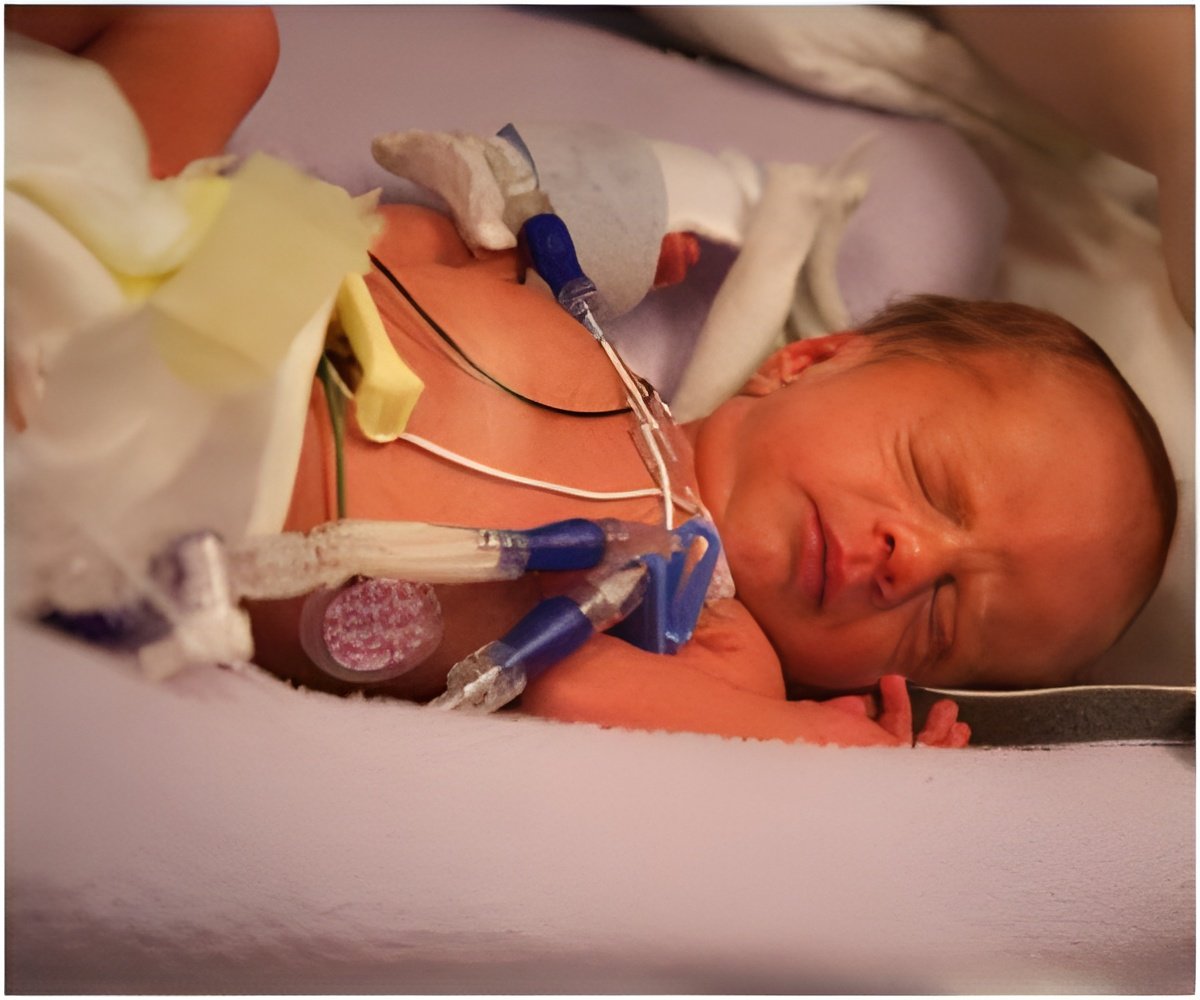Preterm infants may experience delayed development and myelination of the peripheral nervous system that could contribute to motor and neurological deficits.

TOP INSIGHT
The motor abnormalities low birth weight babies develop could originate due to peripheral nerve defects as well as central nervous system defects.
"It is thought the reason that there are these abnormalities within the central nervous system is secondary to the fact that they are not as well oxygenated as a normal birth weight baby because their lungs have not developed to the extent that normal birth weight babies do," said Popko.
Due to advances in medicine and treatment many of these infants now survive, but with new complications stemming from developmental abnormalities. Researchers are now trying to understand the link between hypoxia (low oxygen), myelination, and the observed nervous system defects.
"This study suggests that the motor abnormalities low birth weight babies develop could originate due to peripheral nerve defects as well as central nervous system defects," said Popko. "We need to take this into consideration when we are thinking about therapeutic approaches."
Source-Eurekalert
 MEDINDIA
MEDINDIA



 Email
Email





